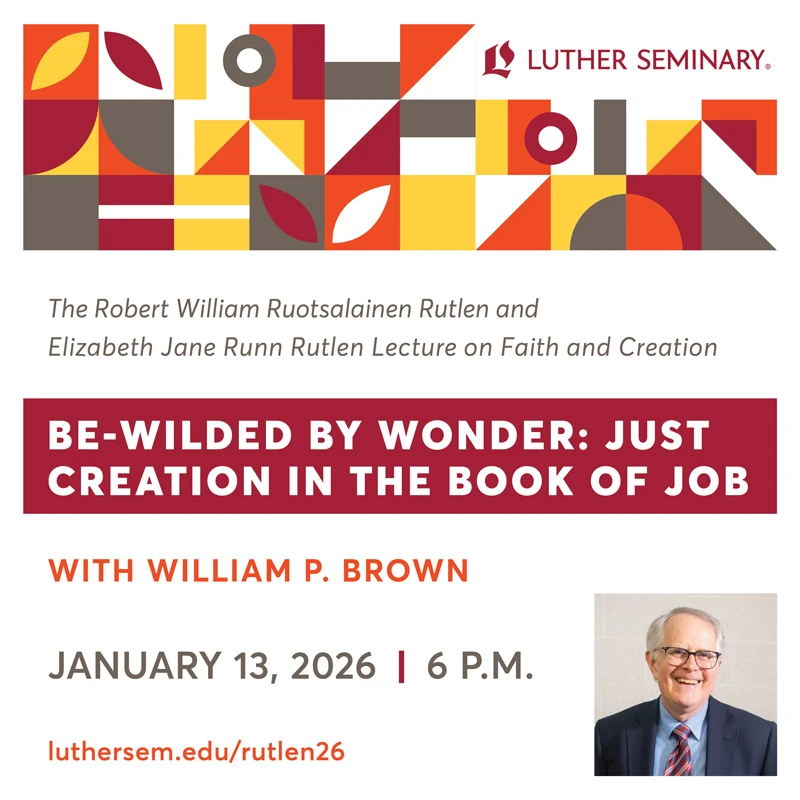SUMMARY
In his opening greeting to the Roman Christians, PaulThe Apostle Paul, originally known as Saul of Tarsus, was the author of several New Testament letters and the founder of many Christian communities. More introduces himself as a servant of JesusJesus is the Messiah whose life, death, and resurrection are God's saving act for humanity. More Christ who is called to share the gospel. This gospel is presented in condensed form in these verses.
ANALYSIS
The greeting or salutation that opens Paul’s Letter to the Romans is a standard feature of Hellenistic letters of the first century, including Paul’s other letters. In it, Paul identifies himself as the letter’s sender and greets its recipients: “all God’s beloved in Rome” (Romans 1:7).
The center of Paul’s greeting is the gospel: God’s “good news” that Jesus Christ, God’s own Son, is God’s promised MessiahThe Messiah was the one who, it was believed, would come to free the people of Israel from bondage and exile. In Jewish thought the Messiah is the anticipated one who will come, as prophesied by Isaiah. In Christian thought Jesus of Nazareth is identified... More. Although the greeting does not explicitly mention Jesus’s crucifixion, it is implied in the declaration that Jesus Christ is the resurrected Lord (Romans 1:3–4). This gospel fulfills God’s scriptural promises to Israel (e.g., Psalms 2:7; 2 SamuelThe judge who anointed the first two kings of Israel. More 7:12–16) and brings gentiles into the people of God—themes that the rest of Romans will develop.
Rather than being an abstract theological pronouncement, Paul’s initial summary of the gospel establishes common ground between him and the Roman Christians, whom he has not yet visited (unlike many of the Christian communities to which he writes, Paul did not found those in Rome). The gospel of Jesus Christ that transformed Paul from a persecutor of the church to a preacher of the gospel (cf. Galatians 1:13–24)—especially to gentiles—is the same gospel that the Roman Christians have received, many of whom are likely gentiles (e.g., Romans 1:5–6). Paul’s call to be an apostleDerived from a Greek word meaning "one who is sent," an apostle is a person who embraces and advocates another person's idea or beliefs. At the beginning of his ministry Jesus called twelve apostles to follow and serve him. Paul became an apostle of Jesus... More (i.e., one who is sent to share the gospel) is empowered by God’s graceGrace is the unmerited gift of God's love and acceptance. In Martin Luther's favorite expression from the Apostle Paul, we are saved by grace through faith, which means that God showers grace upon us even though we do not deserve it. More, which is the gift of Jesus Christ that binds him and the Roman believers together in the people of God.
Highlighting this connection serves one of Paul’s goals for this letter: to enlist the financial and spiritual support of the Roman Christians in his proposed evangelistic mission to Spain (e.g., Romans 1:11–13; 15:23–24, 28, 32). To do this, Paul must introduce himself to the Romans and show that he is a trustworthy steward of the gospel in which they have believed. Paul’s detailed exposition of the gospel in this letter also serves more generally to affirm the Romans in their faith.

